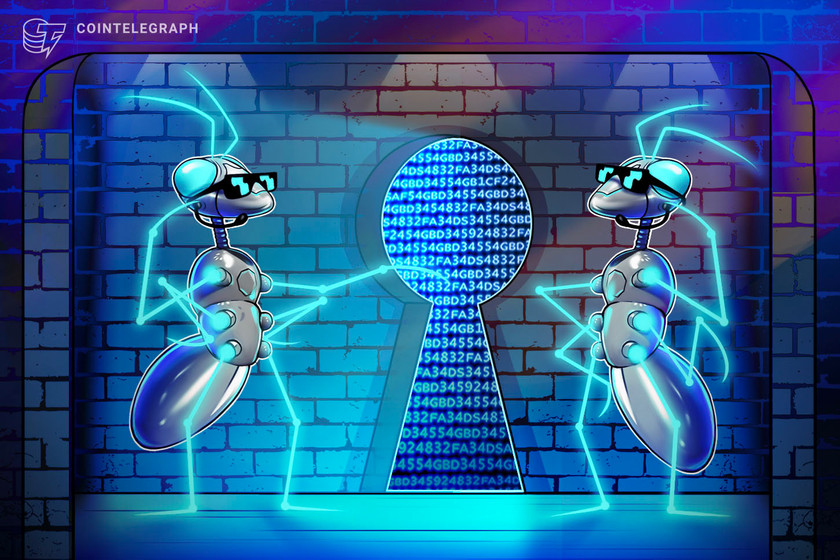Ethereum scaling firm =nil; Foundation introduces security-focused zkEVM


A new Ethereum zero-knowledge proof compiler could address security concerns identified in different zkEVM solutions.
Zero-knowledge technology firm =nil; Foundation has developed a new type-1 zero-knowledge Ethereum Virtual Machine (zkEVM) compiler to address security concerns identified in similar ZK-powered Ethereum scaling solutions.
Speaking exclusively to Cointelegraph, =nil; Foundation CEO and co-founder Misha Komarov says the technology prioritizes security and allows high-level programming code to be compiled automatically into Zero-Knowledge Succinct Non-Interactive Argument of Knowledge (zk-SNARKS) circuits.
The firm’s zkEVM is designed to be compatible with evmone, which is a C++ version of Ethereum’s base execution environment. The key takeaway is that the code of applications is processed and rolled up as proofs submitted to Ethereum in the same format as its EVM.








